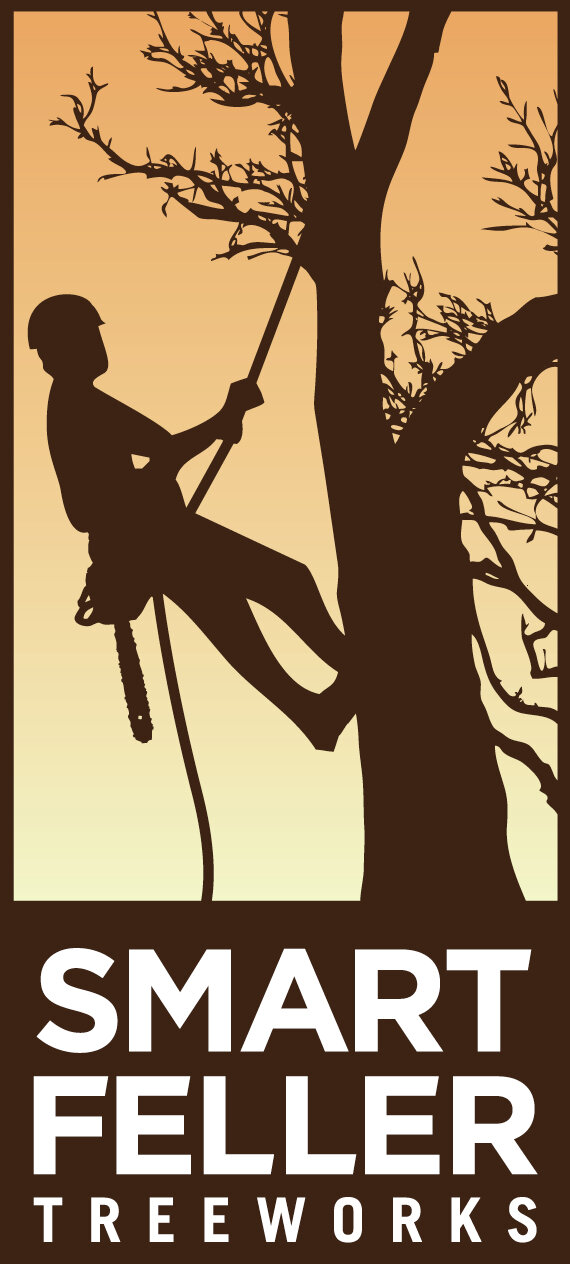What We Stand For
Below is a newsletter we sent to our clients on June 10, 2020. We think it remains an important working document and thank our clients in the Asheville area for the feedback, ideas, and solidarity expressed for Black lives. To sign up for the Smart Feller newsletter, please sign up in the sidebar to this post.
Dear Friends,
George Floyd was buried in Houston this week. He died sixteen days ago. In these past sixteen days, thousands in our country have taken to the streets to protest his murder and the murders of too many Black Americans like him at the hands and guns and knees of the police. Hundreds in Asheville have gathered in Pack Square this past week to protest. Thank you to those who have and to those who work in our region every day for justice, transparency, and change.
Black Lives Matter began in 2013. It’s clear: the murder of Black Americans is still happening, and that this is the murder of our democracy, if we let it happen. If we let it happen, if we don’t speak out, vote, assemble, intercede, and work actively for the dismantling of systemic racism, we are not what we say we are.
At Smart Feller we’ve been reading what other businesses and organizations have been saying this past week. In some cases, there is a kind of PR panic. Newsletters and statements say the right things but don’t say much. We don’t want to add to that but we also want to make our beliefs clear to you, our friends and clients and future clients. This is not a time to perform one’s “wokeness” for acceptance. It is a time to say what we stand for. It’s also a time for us to think about and feel the limits of empathy: we’re mainly white males in a largely white-male dominated field. Arborists are not immune to critique. We’re opening our eyes and ears and hearts to this.
We need to say, right now, that the connection between racial and environmental justice is inextricable. We can’t have one without the other. Black communities in Asheville have felt this acutely with the legacy of historical redlining: the depletion of investment in neighborhoods where our Black neighbors have lived and live today have suffered from neglect and notably a loss of green space and tree canopy. We encourage you to reserve and take a tour with Hood Huggers and learn about these communities, Black businesses, and join the effort to sustain them. We encourage you to follow and support Dogwood Alliance and Asheville GreenWorks, who are working actively with the understanding that “there is no climate action that is not also about racial justice.”
If you have feedback for us, as always, we would like it.
Yours,
Smart Feller
The Value of a Tree

Why does excellent tree care matter? How do trees improve our life quality as well as the value of our land? There is much to consider here when choosing to invest in the health of the trees on our personal property as well as in publicly owned spaces. Each species has a estimated life expectancy and can be gifted with a long full life if cared for properly. Trees improve air quality and keep our planet temperature down which are invaluable services to our lives here on earth as an air dependent and temp-specific species. Our quality of life improves with the presence of a developed forest-scape in our close proximity as well as globally. Living amongst mature trees relieves stress, provides peace and recreation, is pleasing to both the senses and the spirit. Not only that, many other species of life are supported by mature trees.

For over a decade I have heard about the Angel Oak outside Charleston, South Carolina, and have seen photographs brought home by friends. Although I knew it was very old and very large, I did not expect it to be AS BIG as it is! Its many sprawling branches, each as large around as mature trees, bending and dipping down to kiss the ground as is common of Live Oaks growing where they have space around them to sprawl. To me it seems likely this particular tree was favored by natives and it was given space to grow. It may have been an important landmark as a territory marker or gathering place. I imagine other people have the same thought, explaining why they are whispering to each other in it's presence. Or they innately respect an organism that is roughly 10 times older than themselves. Personally I would like to spend more time in mature landscapes, in the presence of nature that brings a humbling to mine and other's souls. What would our current landscapes feel like if we treasured more of our trees so they too could live out their full life spans, giving this presence and sanctuary for 10-20 human generations?




